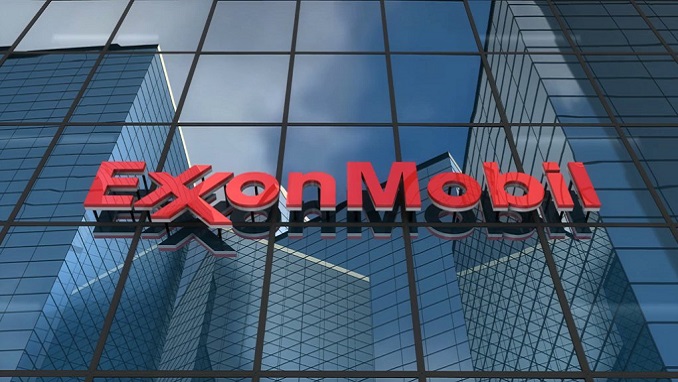European subsidiaries of the US oil giant ExxonMobil in Germany and the Netherlands are suing the European Union in a bid to force it to give up on its new windfall tax on energy companies and oil groups.
ExxonMobil argues in the lawsuit filed on Wednesday in the General Court of the European Union in Luxembourg that Brussels exceeded its legal authority by imposing the levy which, according to the US giant, is counterproductive amid Europe’s energy supply challenges.
The tax will also cost Exxon Mobil billions of dollars, Exxon spokesperson Casey Norton noted, pointing out that their suit does not target any other elements of the package to reduce energy prices other than the counter-productive windfall profits tax.
Noting that the ax would significantly undermine investor confidence, he further warned that it would also discourage investment and increase reliance on imported energy and fuel products.
Announcing the lawsuit, Norton emphasized that the potential future investment of ExxonMobil in Europe will depend on how attractive and globally competitive Europe will be for the company.
The Luxembourg court must now decide whether to take up the case.
Arguing that it is meant to address high energy prices, the EU adopted in September a 33% percent tax on oil, gas, and coal profits that are at least 20% higher than average profits in recent years, calling the measure a “solidarity levy”.
As the European Commission spokesperson Arianna Podesta noted, the commission already greenlighted the measures in question as fully compliant with EU law, expressing its belief that they’ll ensure that, in these difficult times, the whole energy sector pays its fair share.
Major oil and gas companies across the world have raked in multibillion-dollar profits amid the high fuel and more than double energy prices consumers – in Europe in particular- have faced since Russia’s invasion of Ukraine in February led to a disruption to fossil fuel deliveries to Europe and an energy supply crunch.
ExxonMobil, on the other hand, complained earlier this year that the tax would cost it $2 billion through 2023, despite reported global profits of $20 billion for this year.



